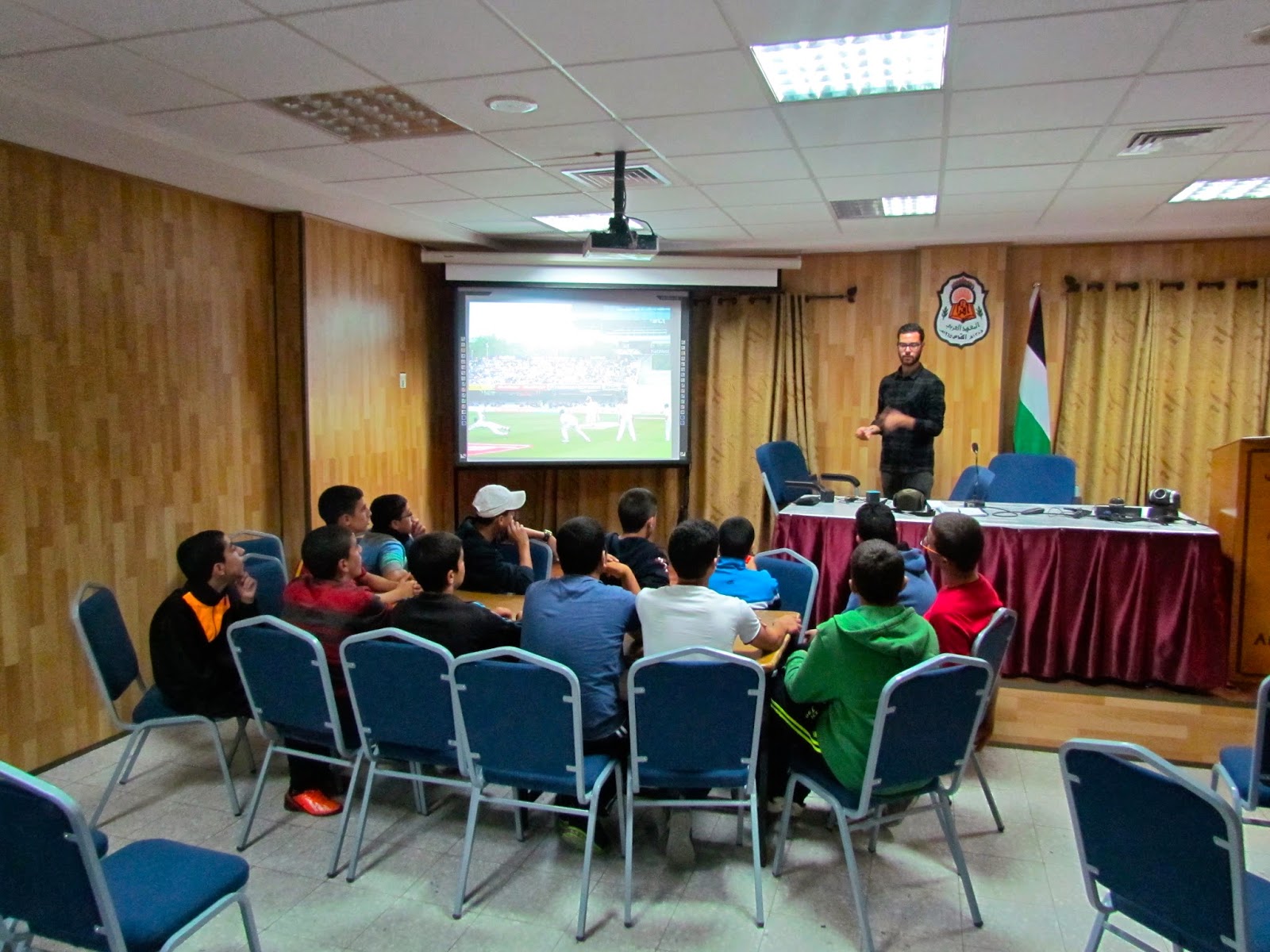15 year-old Yazan wrote in-depth about the problems that the Israeli occupation causes - from everything to travel restrictions to the everyday killing of Palestinians. His question was: "What do you think of Israel?" which is a question that is rarely asked. It would be very interesting to see how children in England would answer this.
Saleh poured his heart out in his letter and wrote: "I love my country and I may die for it." It would be interesting to see how pupils in London would perceive this and if they understand why Saleh is so passionate about his country.
Saleh poured his heart out in his letter and wrote: "I love my country and I may die for it." It would be interesting to see how pupils in London would perceive this and if they understand why Saleh is so passionate about his country.
 |
| Saleh |
However, the letters weren't all full of doom and gloom. Yousef wrote about his love of England and British people. He wishes to study at university there and I hope his dreams come true.
 |
| Yousef |
My favourite line was from Zain, 15, who wants people in England to change their visions of Palestinians. He wrote: "We want you to know that what happens in Palestine isn't a fight between two equal parties. It's a fight between an occupier and the oppressed." Such insightful, intelligent words from a young man. Reading these letters was quite inspirational.




